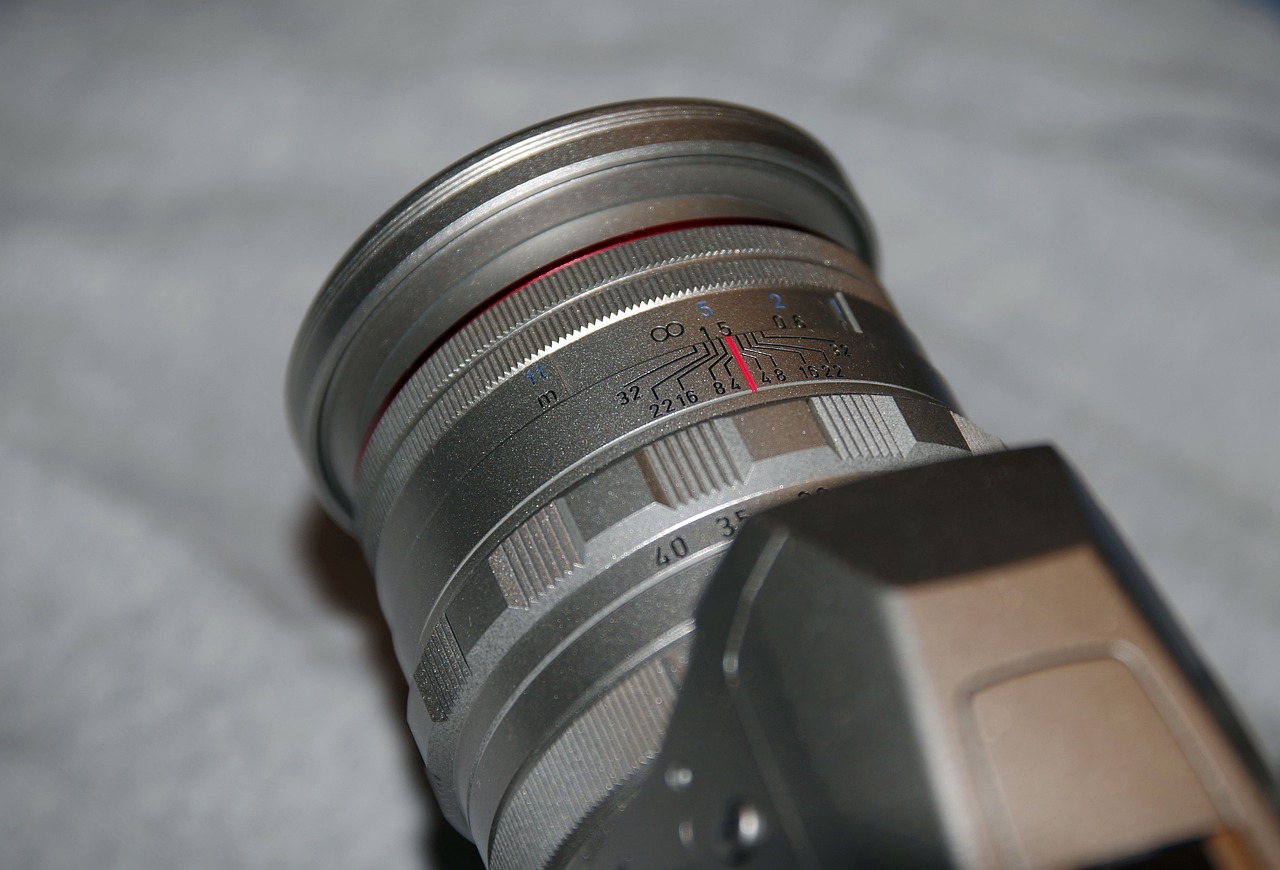The Impact of AI in Healthcare: Diagnostics, Treatment Planning, and Medicine Discovery
Artificial Intelligence (AI) is revolutionizing the field of healthcare diagnostics by transforming the way medical professionals analyze patient data. Through advanced algorithms and machine learning techniques, AI can quickly and accurately interpret medical images, such as X-rays and MRIs, to assist in diagnosing various conditions. This technology has the potential to improve diagnostic accuracy and efficiency, ultimately leading to better patient outcomes.
In addition to image analysis, AI is also being used to analyze large volumes of patient data to identify patterns and trends that may indicate the presence of diseases or conditions. By leveraging predictive analytics, AI can help healthcare providers anticipate and prevent potential health issues before they escalate. This proactive approach to disease detection has the potential to revolutionize healthcare by enabling early intervention and personalized treatment plans for patients.
AI in Predictive Analytics for Disease Detection
Predictive analytics powered by artificial intelligence (AI) has revolutionized disease detection in the healthcare industry. By analyzing vast amounts of data from diverse sources, AI algorithms can identify patterns and trends that may indicate the presence of a disease at an early stage. This early detection allows healthcare providers to intervene proactively, potentially improving patient outcomes and reducing the overall burden on the healthcare system.
Furthermore, AI in predictive analytics can help in predicting the likelihood of developing certain diseases based on individual risk factors and medical history. By considering a wide array of variables and continuously learning from new data inputs, AI systems can provide personalized risk assessments that enable healthcare professionals to tailor preventive measures and interventions for each patient. Ultimately, the integration of AI in predictive analytics for disease detection holds great promise in advancing precision medicine and transforming the way healthcare is delivered.
What is predictive analytics in healthcare?
Predictive analytics in healthcare is the use of data, statistical algorithms, and machine learning techniques to identify the likelihood of future outcomes based on historical data.
How does AI play a role in predictive analytics for disease detection?
AI algorithms can analyze large volumes of data quickly and accurately to identify patterns and trends that may indicate the presence of a disease. This enables healthcare providers to predict and prevent potential health issues in patients.
What are some of the AI applications in healthcare diagnostics?
AI applications in healthcare diagnostics include image recognition, natural language processing, and predictive analytics. These technologies help healthcare providers to improve the accuracy and efficiency of disease detection and diagnosis.
How can AI enhance disease detection and diagnosis in healthcare?
AI can analyze complex medical data more quickly and accurately than humans, helping healthcare providers to identify diseases at an early stage and provide personalized treatment plans. This can lead to better patient outcomes and lower healthcare costs.





